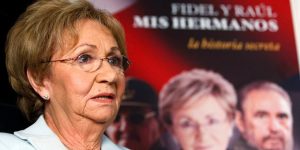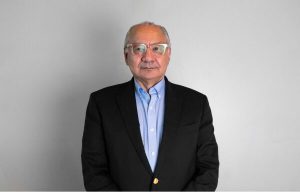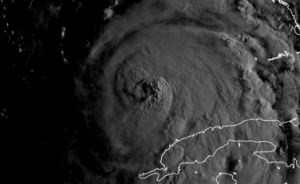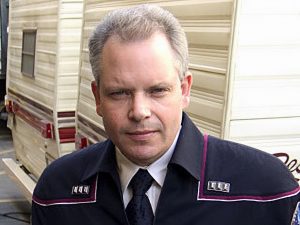Miguel Díaz-Canel will be the new first secretary of the Cuban Communist Party, the most powerful role on the island. He becomes the first person in the role who is without the Castro surname since the 1959.
The transition, though seen as a hugely symbolic event, is unlikely to bring a change in policy regarding the one-party system Diaz-Canel, 60, has vowed to safeguard.
“The most revolutionary thing within the Revolution is to always defend the party, in the same way that the party should be the greatest defender of the Revolution,” he was quoted as saying by AFP.
Also read: CIA planned to assassinate Raul Castro in 1960: declassified documents
Diaz-Canel already is the president of Cuba since 2018. He now also takes the all-powerful position of first secretary of the Communist Party of Cuba (PCC) as Raul Castro, 89, entered retirement.
The pre-decided transfer of power at a four-day PCC congress in Havana, marks a watershed for the country of 11.2 million people, many of whom have known no leader other than a Castro.
Fidel Castro, still revered as the country’s father and savior, led the country from 1959 to 2006, when he fell ill and his brother Raul took over. Fidel Castro died in 2016.
Diaz-Canel was born after the revolution led by the Castro siblings in the 1950s, leading in 1959 to the overthrow of dictator Fulgencio Batista.
The PCC congress was held 60 years after Fidel Castro declared Cuba a socialist state, setting up decades of conflict with the United States, which has had sanctions against the country since 1962.
It also marked six decades since the failed Bay of Pigs invasion by anti-revolutionary Cuban exiles, backed by the CIA.
Diaz-Canel, a suit-and-tie wearing, tech-savvy Beatles fan, while in some ways more modern than the Castros with their love for military uniforms, is a staunch party disciple.
And a new constitution passed in May 2019 made it clear that the country’s commitment to socialism was “irrevocable.”
Also read: As Cuba negates change in leadership, pledges ‘respectful’ talks with US
In his final address to the party last Friday, Castro affirmed a “willingness to conduct a respectful dialogue and build a new kind of relationship with the United States.”
But he stressed the country would not renounce “the principles of the revolution and socialism” as he urged the new generation to “zealously protect” the one-party dogma.
“There are limits that cannot be crossed,” warned Castro.
The leadership change comes as Cuba battles its worst economic crisis in 30 years, sky-high inflation, biting food shortages, long lines for basic necessities and growing disgruntlement over limited freedoms.
Cuba, one of just five communist countries along with China, Vietnam, Laos and North Korea, faces constant shortages and imports 80 percent of what it consumes for lack of sufficient local production.
“Since I was born, I have only known one party,” said Miguel Gainza, a 58-year-old in Havana.
“And no one dies of hunger, it’s true,” he adds. But today, “we are a little stuck, and it’s a shame that Fidel is dead because he solved all our problems”.
The internet, which arrived on mobile phones on the island in 2018, has been an engine of social change, even used to organize protest, previously unheard of in the country.
Young Cubans, many of whom go overseas each year for lack of opportunities at home, are increasingly venting their frustrations on social media.
In response, the PCC adopted a congress resolution to confront online political and ideological “subversion”.
Even as the congress was underway, a group of activists, independent journalists and artists claimed police were preventing them from leaving their homes in a bid to stop them from gathering.
The group, which goes under the name the San Isidro Movement and organized free-speech protest last year, also claimed its members’ home internet had been disconnected.
Party delegates voted Sunday for a new 114-member central committee, which in turn chose the 14 members of the PCC politbureau — at the cusp of power in Cuba.
The politbureau, with Diaz-Canel at the head, has an average age of 61.6 and includes three women. Five of the 14 are newcomers.
Party number two Jose Ramon Machado Ventura, 90, retired along with Castro.





